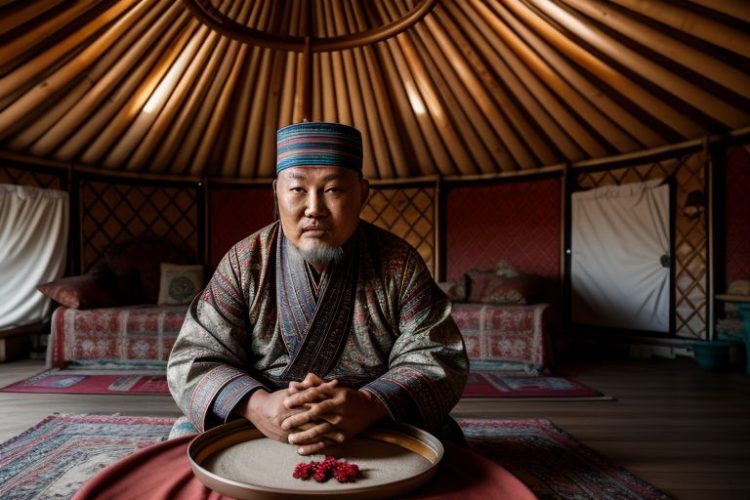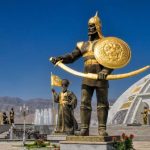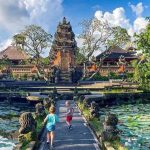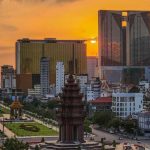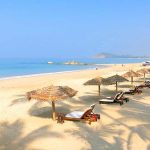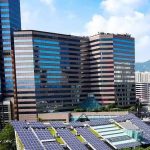Introduction
Mongolia, with its huge steppes, dramatic landscapes, and rich cultural heritage, has long been one of the most exciting prospects for those considering retirement abroad. British retirees who want to exchange the known for the unknown may find that Mongolia offers an atmosphere in which tradition and modernity blend. But is Mongolia really such a workable retirement destination for Brits? This retirement blog presents to you the pros and cons of retiring in Mongolia, giving you important insights to help you determine whether this Central Asian country is right for retirement.
Pros of Retiring in Mongolia
1. Unique Natural Beauty
Mongolia takes pride in its beautiful and varied landscapes, ranging from the rolling grasslands to towering rugged mountains and tranquil desert areas. The vast open spaces and scanty urbanization give an air of freedom and closeness to nature that appeals most especially to the retired person who is looking to find some peace and quiet away from the bustling life in the cities. It could be exploring the Gobi Desert or hiking in the Altai Mountains; the pristine natural beauty of Mongolia gives a very different and gratifying background for retirement.
2. Rich Cultural Heritage:
The cultural heritage in Mongolia is very strong, stretching from the nomadic lifestyle of its people down to colorful festivals like Naadam, which celebrates the “Three Manly Sports”: wrestling, horse racing, and archery. These are some of the diverse cultural tapestries that Mongolia offers. There is a chance for retirement in Mongolia, immersion in the unique cultural experience, getting to interact with the locals, and participating in the traditional events that give one a glimpse into Mongolia’s history.
3. Low Cost of Living
Compared to many Western countries, the cost of living in Mongolia is relatively low. For example, housing, food, and other general expenses are comparably inexpensive in cities like Ulaanbaatar than in the UK. This factor can be really good for retirees whose income is on a fixed scale, as this will extend their retirement funds further. However, while everyday expenses might be low, imported goods and luxury items can still be pretty expensive.
4. Warm-hearted Locals
Mongolians are very hospitable and friendly. This country values its hospitality very highly. The local culture advocates for the visitors to be received with respect, warmth, and good treatment. This kind of reception will therefore make it easier for a retiree to fit into the community and become comfortable in their new environment. Joining in on some of the local traditions and attending a number of community activities may further enhance your experience by facilitating good relations with the Mongolians.
Disadvantages of Retiring in Mongolia
1. Harsh Climate
The weather in Mongolia is extreme: very cold winters and extremely hot summers. Temperatures drop as low as –22°C in summer. At times, in winter, the temperature may even drop way below freezing; it is among the world’s coldest capital cities. To those who have not been exposed to these extreme temperatures, such a harsh climate can be very challenging. Therefore, to have a comfortable retirement, one should adapt to the weather and ensure proper heating and clothing are available.
2. Scarce Health Care Services
While Mongolia has generally improved its healthcare system, quality medical services may be limited, especially outside the capital cities. Although Ulaanbaatar has several hospitals and clinics offering basic and specialized care, it may be necessary to travel to the country’s neighboring countries or back to the UK for advanced treatments. One needs full health insurance that caters to international medical expenses so that one is assured of accessing needed care.
3. Language Barrier
The official language is Mongolian, with some English spoken, particularly among the young generation and within the tourist industry. It is not in common use in most areas of life. This language barrier may present some difficulties for retirees, mostly in rural areas where less English is spoken. Learning basic Mongolian phrases or having a translator eases communications and will be enriching to your experience in Mongolia.
4. Remote and Isolated Way of Life
Mongolia is such an enormous and sparsely populated country that isolation can be a part of it. Though the natural beauty is overwhelming, remote areas may bring along limited access to amenities, few or no social activities, and hardly any cultural events. Retirees used to city living with all the conveniences at hand may find this isolation and lack of infrastructure a drawback in the more remote parts of Mongolia. This means getting access to the necessary services and finding a way to connect with others.
5. Infrastructure Development
The infrastructure in Mongolia is still developing, and while most modern amenities are in place within urban areas, these can be absent in rural regions. Irregular internet connectivity, a shortage of public transport, and infrequent power failures may cause problems for a living. Retirees planning a move to Mongolia should therefore be prepared for the same and plan accordingly to ensure a smooth transition.
Conclusion:
Retirement in Mongolia would mean beautiful landscapes, rich culture, and a low cost of living. Getting to know the lively culture and way of life in one of the most unique landscapes on earth is indeed very compelling. However, serious consideration needs to be given to extreme weather, limited health care services, language barriers, and possible isolation.
While the pros outweigh the cons regarding the massive steppes, rich heritage, and kind people that Mongolia has for one to enjoy, it may well be one of the Central Asian gems suitable for retirement. Otherwise, it is recommended that one also looks at other retirement options in places where the conditions may not come with big obstacles.
At last, your retirement must be an enjoyable and rewarding period in your life; therefore, you have to choose a destination that would serve the kind of lifestyle you prefer, your health needs, and your personal goals. Weighing the pros and cons of retiring in Mongolia, you will, therefore, be well on your way to making a knowledgeable choice so that you will have a well-rewarded, fulfilled retirement experience.
Related posts:

Ray Brocklesby, the site owner, is a Brit who now lives in the Philippines. He is retired and lives with his wife Weng, Daughter Kristelle, nephews, Harvey and Boknoy, and mother-in-law. Ray also has a son and daughter living in the UK, and a son in New Zealand.

